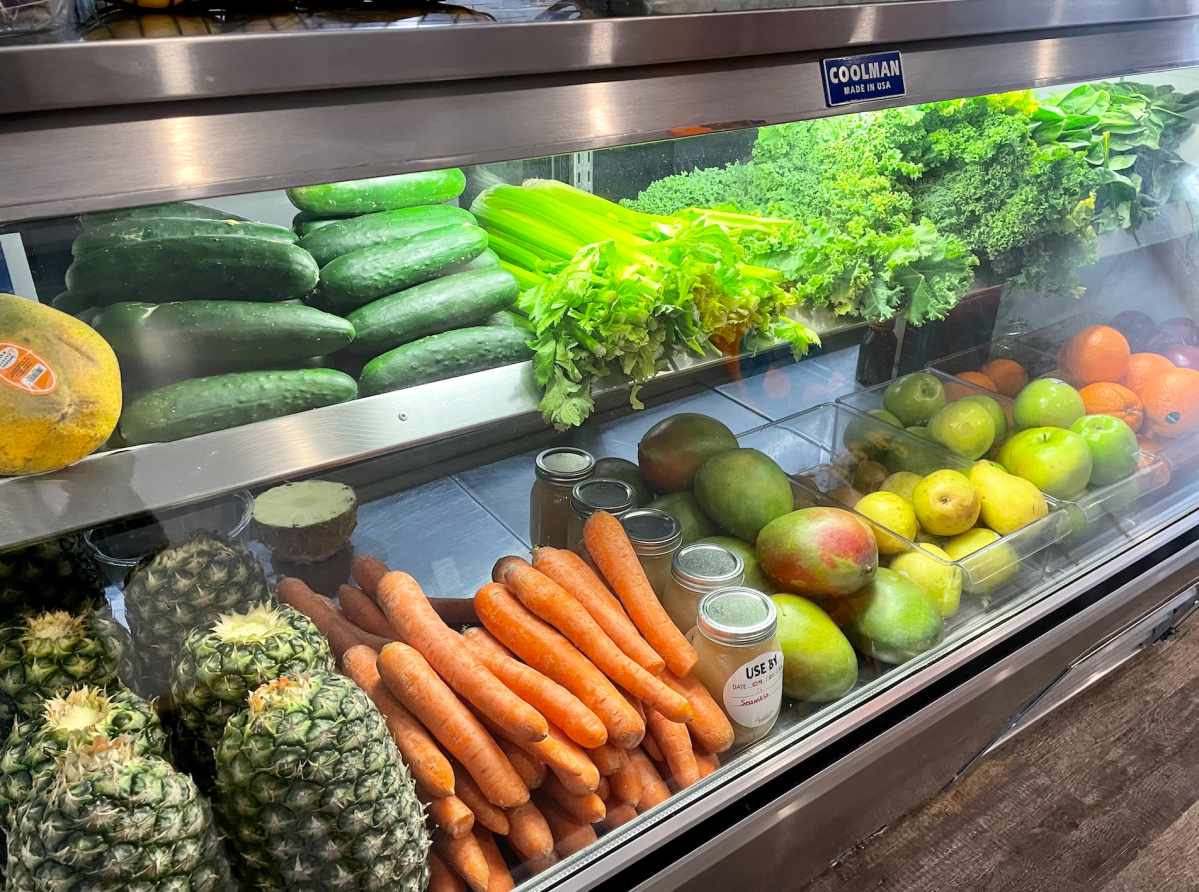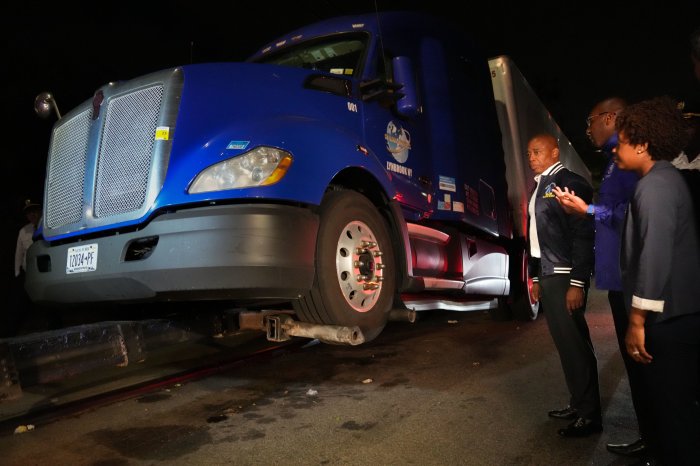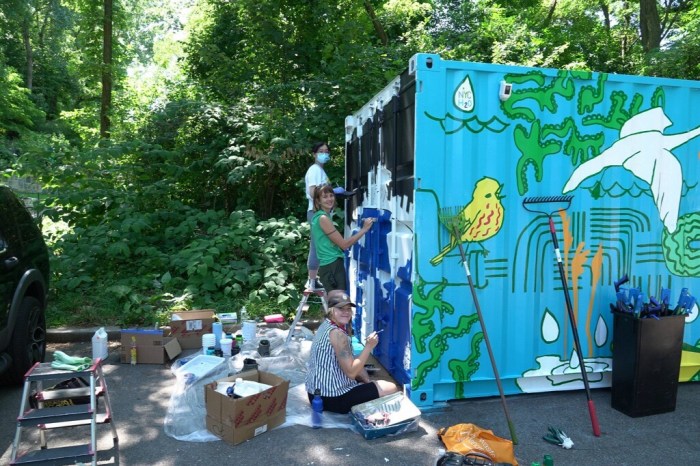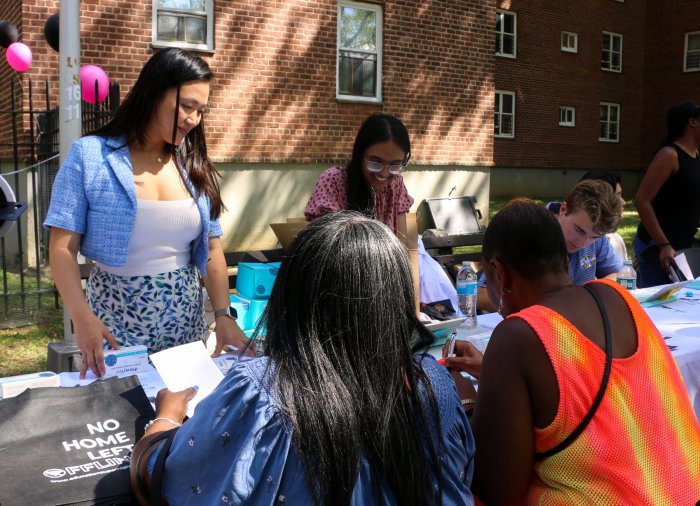While there are more food pantries found across the United States than there are McDonald’s locations, it is often difficult for those in need of these resources to find the precise locations of the ones nearest to them. One organization, Lemontree, seeks to amend that issue in New York City.
According to data collected by Lemontree, a majority of hungry Americans do not access the free food available to them at nearby food pantries and soup kitchens. One main reason for this is that they’re unaware of just how close they are to them. Lemontree seeks to amend that issue through a tech-enabled nonprofit service that uses text messages to help hungry residents put dinner on the table.
“As more and more New Yorkers sift through sales and strategize where they’ll shop, no one is hit harder than our neighbors facing food insecurity,” Kasumi Quinlan of Lemontree said. “In New York City, most of us live within walking distance of food pantries. Our text message helpline has already connected over 30,000 people to the best food resources in their communities.”
In addition to providing information as to what food pantries are near someone, Lemontree also shares verified information on a pantry’s hours, the types of documents required to be served there, what kind of food one can expect and more.
“Our helpline is powered by an incredibly comprehensive dataset of food resources synthesized from over 50 data sources and more than 1,600 client reviews,” Quinlan said. “We use their responses to constantly improve our helpline. This feedback loop helps us offer a deeper level of service and our users have the opportunity to be heard. From the moment a client signs up, they’re connected with a hospitality specialist — a real human — who treats them with warmth and empathy to let them know we have their back.”
Lemontree was initially founded in 2018 as a low-cost meal kit delivery nonprofit for families in Brooklyn. When the COVID-19 pandemic hit, the organization pivoted to a volunteer initiative supporting food pantries that were at risk of closing and later as a food helpline, launched in June 2020.
The organization has recently launched a new way for Queens residents to browse online for local food pantries. This new directory, found on foodhelpline.org, provides the locations as well as contact information and hours of operation for these services.
Lemontree also helps to provide information on delivery options for food and government benefits like the Supplemental Nutrition Assistance Program (SNAP). Programs like SNAP are designed to provide support for people in need who can’t afford food. SNAP provides a monthly allowance for users to purchase groceries. More than 42 million Americans benefit from SNAP.
Monthly SNAP benefits range in monthly value from as little as $16 to over $1,000. The monthly value is determined by the size and income of a household. Benefits are received through an Electronics Benefits Transfer card, which can be used like a debit card.
According to Quinlan, the organization has seen many cases where an individual may need their help but could be too hesitant to ask. People who are behind on their bills or budgeting a lot more carefully due to inflation can also benefit from Lemontree.
“Food insecurity isn’t a defining factor or an identity — it’s something that any of us can slip into or out of,” Quinlan said. “Maybe you only need to visit a pantry once to stock up on some basics. There’s no shame in getting this help, and in all likelihood, your community wants to support you. We want to show our neighbors that it’s okay to ask for help.”
Over the last year, Lemontree has expanded its services beyond New York City. The organization quadrupled its volume last year and recently expanded its services to Philadelphia and northern New Jersey.



































